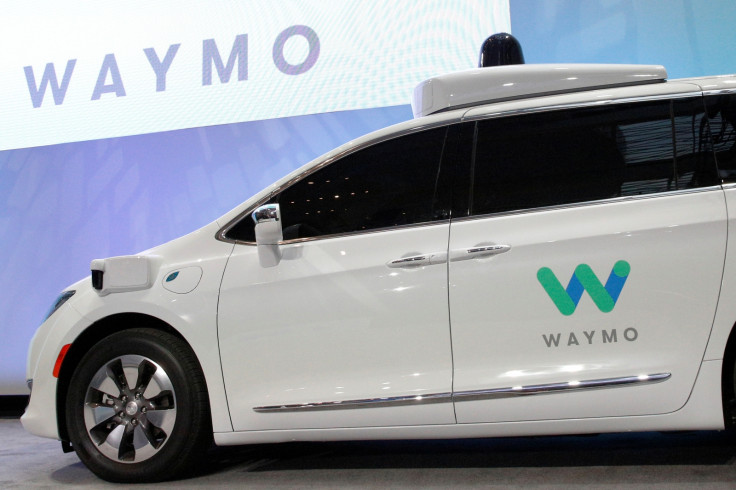Alphabet's Waymo '5,000 times better' than Uber at autonomous driving, statistics show
The stats suggest Uber's autonomous vehicle disengages once every mile driven.

Alphabet's Waymo is "5,000 times better" than Uber at autonomous driving, according to driving statistics published by California's Department of Motor Vehicles.
The data suggests Uber's self-driving car experienced disengagement once every mile, with a total of 20,354 miles driven. However, Waymo disengages once every 5,128 miles driven, reports the Guardian.
Nissan's autonomous system disengages once every 146 miles. BMW, Tesla and Mercedes also have outpaced Uber's disengagement rate.
Disengagement is the term that is used to describe when the automated system forces the human driver to take over control of the vehicle.
Edison Investment Research analyst Richard Windsor, who has put together the figures from the reported data, said "Google is 5,000 times better than Uber at autonomous driving. Although Google is suing Uber for the alleged theft of its lidar design, it does not seem to have helped Uber much as it appears to be by far the worst at autonomous driving. This is still the case when one includes the regular car companies that most people have written off as having very little to offer in the new world of digital and autonomous cars."
A recent court filing suggests that Anthony Levandowski, the former head of Google's self-driving car project, was paid $120m (£96m) by the technology giant while secretly setting up a rival company, before stealing trade secrets and bringing them to Uber.
Windsor added: "The best measure of an autonomous driving solution is how often the driver has to take over to correct shortcomings in the autonomous driving software. Regulations in California require those that test in the state to submit this data but typically, they all submit it in different ways. There are also different types of disengagement such as when the car is going to hit something (critical) or when the safety driver feels uncomfortable (ordinary). Furthermore, companies test their cars in different conditions, meaning the data can really only be used as indication."
"However, the contrasts are so stark that we think that meaningful conclusions can be drawn about how advanced the autonomous driving solutions from different players really are," he said.
© Copyright IBTimes 2025. All rights reserved.





















